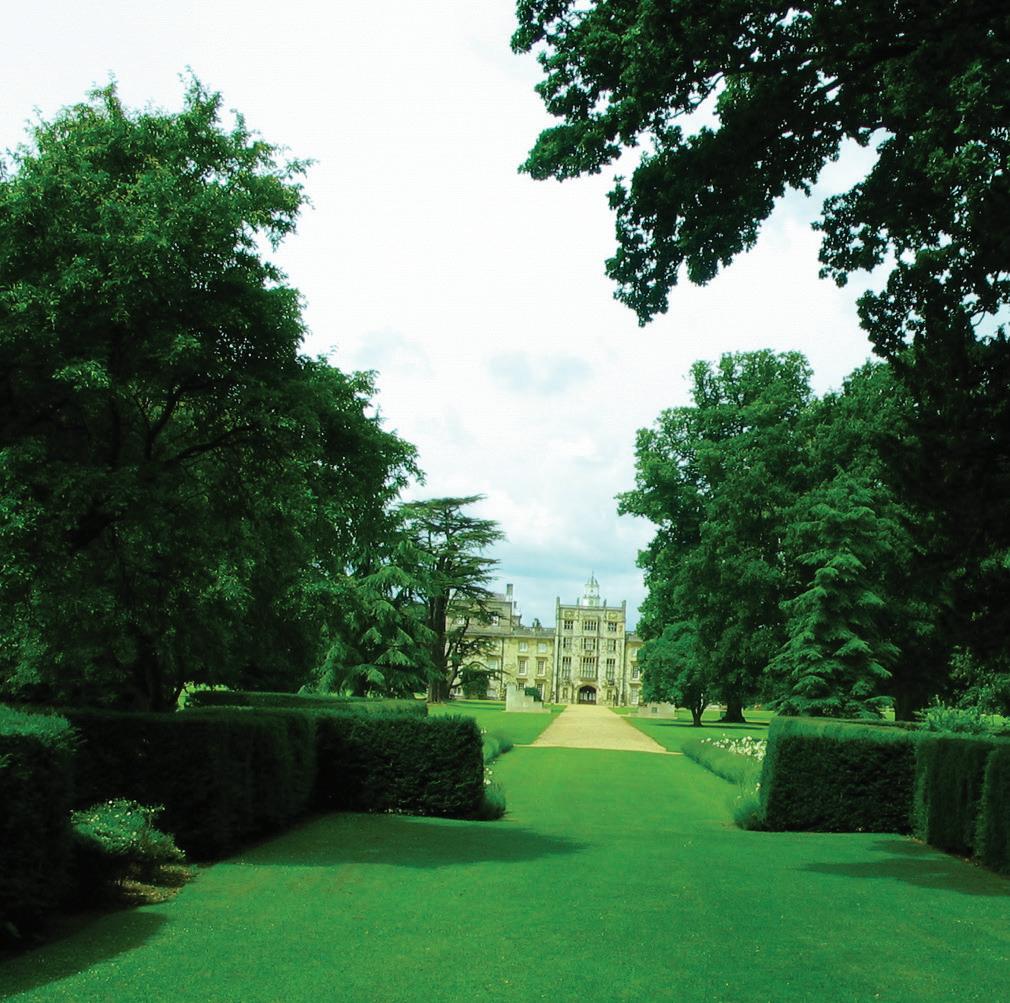
2 minute read
In search of paradise – a history of gardens

Advertisement
Libanios, 314 – c.393 AD
In search of paradise

Melanie Horsey, of John Horsey Horticulture, brings you the history of gardens as a topic of wonder in our human story The word ‘paradise’ comes from the old Persian ‘pairidaeza’ meaning an enclosure, and was used to describe the hunting park of the Persian king. The word was then used in Old Testament Hebrew as ‘pardes’, meaning simply a garden or park, and into Greek as ‘paradeisos’. But there’s no doubt the fi rst gardens were discovered, not made. Maybe a natural clearing in a forest, a valley opening up, or an island in a lake surrounded by trees – full of fl owers, fragrant and bearing fruit.
Garden history and garden art have always been closely linked as a cultural refl ection of a period or area. The gardens of the East refl ected Zen Buddhism and Taoism, while the Islamic gardens were constructed in earthly praise of the Mohammedan paradise.
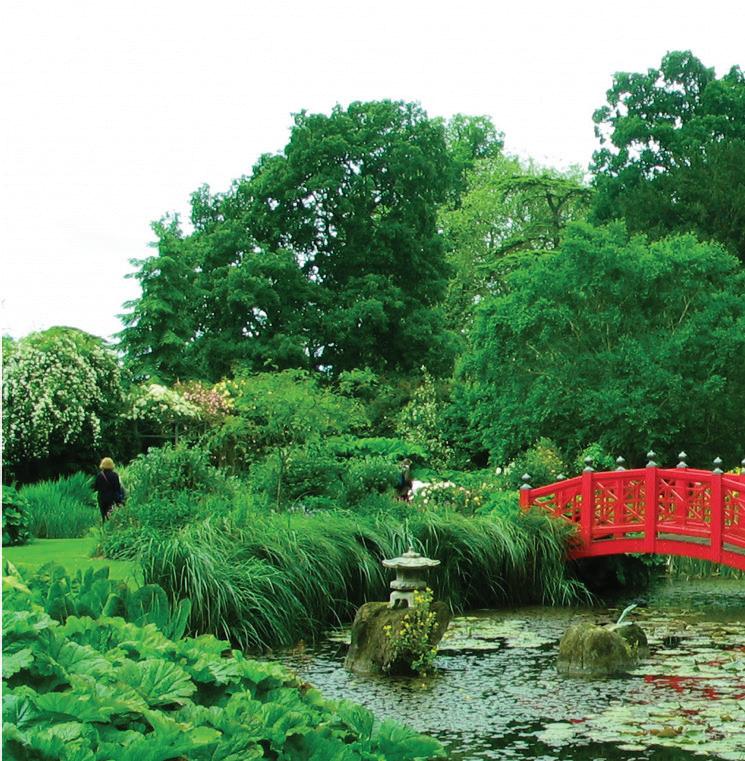
photo ©Mr Eugene Birchall
In the Middle Ages, the ecclesiastical and knightly divisions of society were shown in the ordered and practical cloister gardens and the fl owery, fantasy gardens of the poets. During the Renaissance, gardens showed the reawakened Classical scholarship, as well as the bawdy enjoyment of life, while the gardens of Versailles were the symbol of the supreme power of The Sun King. The garden designer of Versailles, Le Nôtre, thought ‘fl owers were for nursemaids’, so maybe would have appreciated Zen Buddhism where the Japanese pretty much stopped growing fl owers in their gardens.
Garden history is a fascinating subject – once you start looking into it, there is no end in sight. Even the choice of
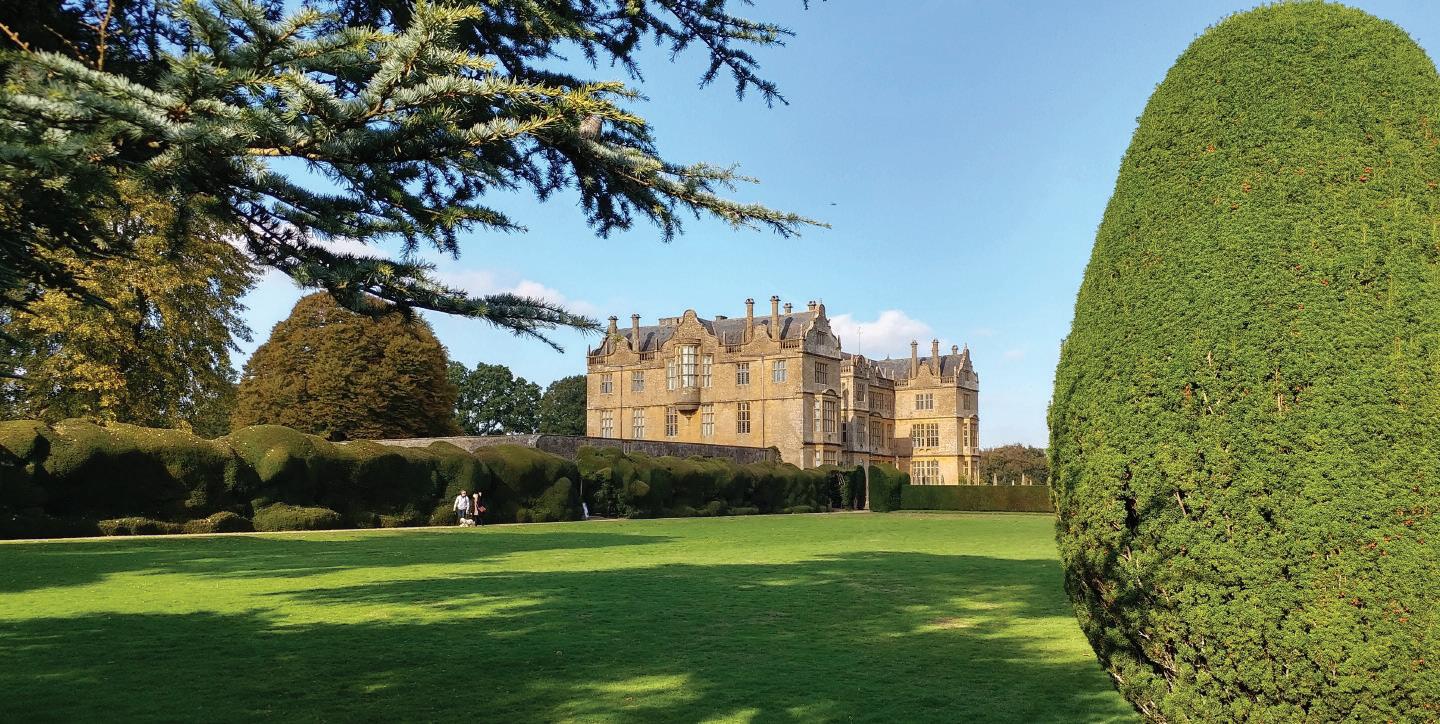
plants refl ect the spirit of an age, and garden designers and philosophers from Mollet, Brown, Jekyll and many others, bring to life the gardens of the past.
Garden history continues with old plans and neglected plants being rediscovered. New styles, new attitudes and new interests serve to increase garden themes. Montacute currently has a 10-year project to reinstate the gardens as close to the Elizabethan original as can be done. The University of Dusseldorf has a botanic garden incorporating modern and Renaissance ideas serving both new and old. Not bad for a discipline dating back 3,000 years with its origins in Greek myth!
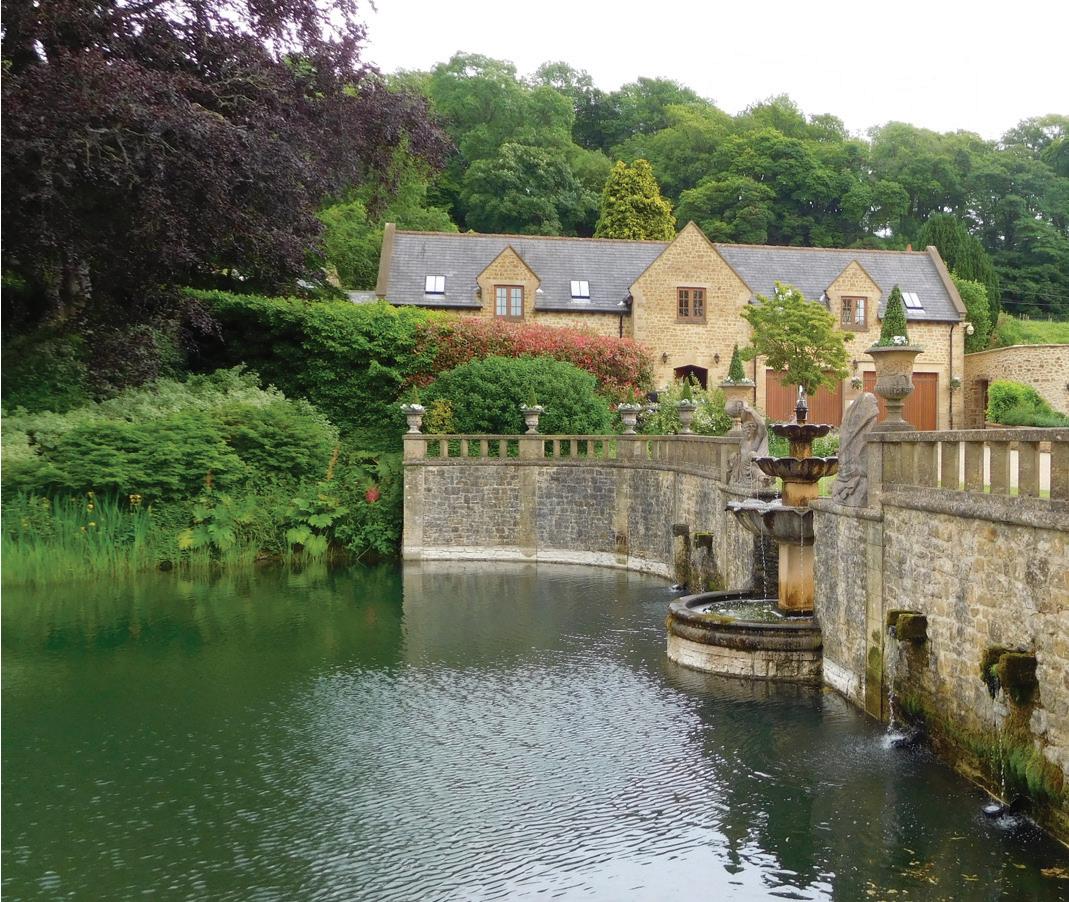
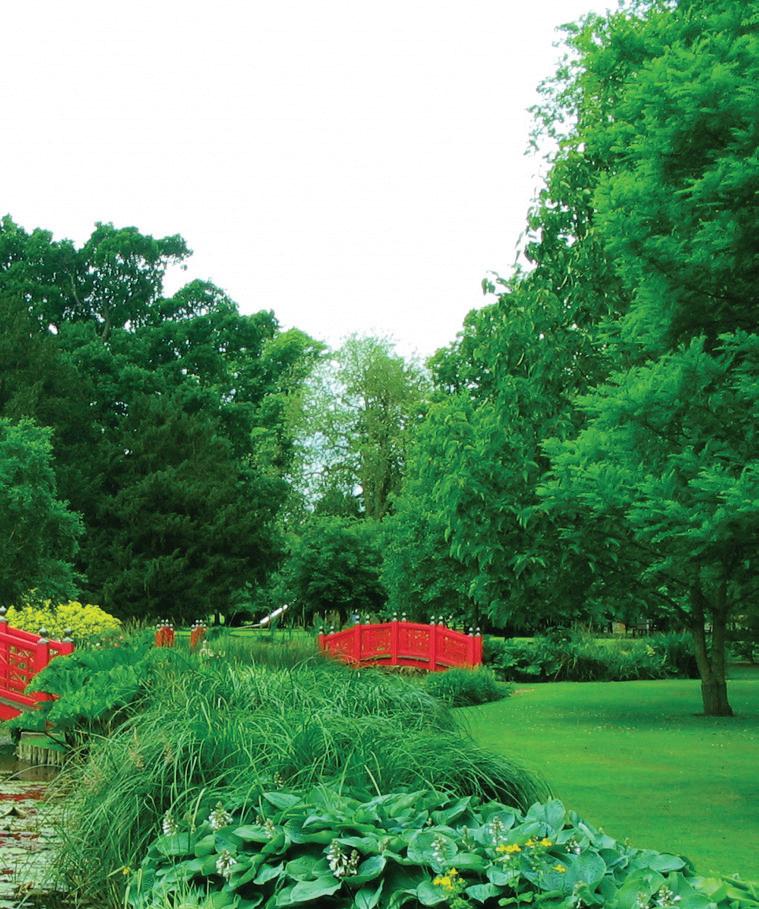
About John Horsey Horticulture John Horsey Horticulture runs courses in Garden History and Horticulture. Contact Melanie directly to fi nd out more or visit the website.
melanie@johnhorseyhorticulture.co.uk www.johnhorseyhorticulture.co.uk











